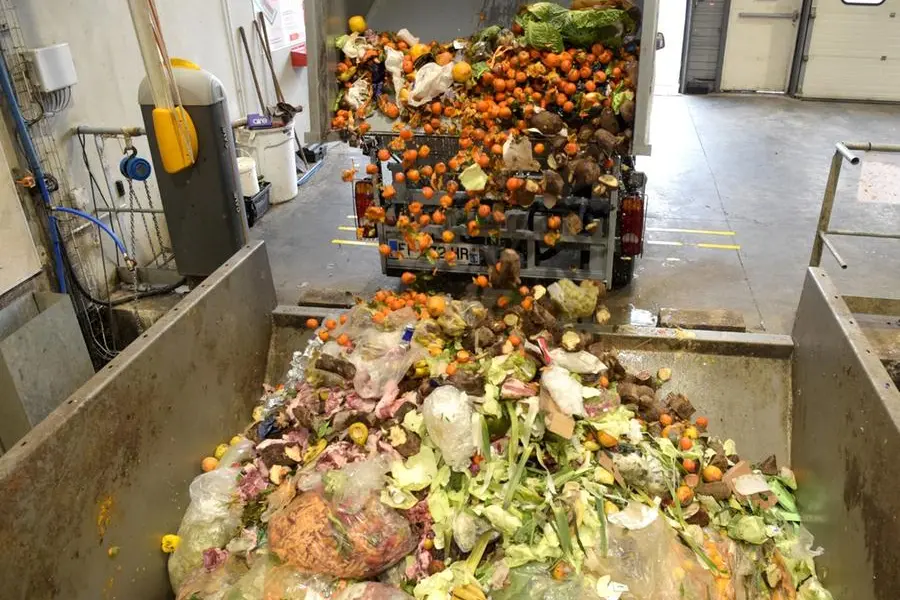PHOTO
The European Union on Wednesday put forward a plan to impose binding targets on its 27 member states to slash food waste from households, retailers and restaurants 30 percent this decade.
Brussels estimates the bloc generates almost 59 million tonnes of food waste a year -- or 131 kilograms per person. That represents a loss of some 132 billion euros ($144 billion).
"To waste food at this scale while more than 30 million Europeans cannot afford a proper meal every other day, and while hunger is again on the rise globally, is simply unacceptable," said European Commission vice president Frans Timmermans.
The proposal, which will be debated by EU member states and the European Parliament, is part of the bloc's flagship "Green Deal" drive to bolster the environment.
It aims to reduce the unnecessary use of water, fertilisers and energy to produce, process and preserve food that ends up in the trash.
The EU's executive arm wants member states to slash food waste from "restaurants, food services and households" by 30 percent by 2030, leaving it up to countries to devise measures to do so.
It is also demanding they reduce waste from processing and manufacturing by 10 percent over the period.
No targets are being set for the agricultural sector, which is difficult to regulate due to fluctuations in crop production and the transformation of waste into fertiliser.
The European Environmental Bureau, which brings together activists from across the continent, said setting new targets was "a step in the right direction".
But it said the goal was still "too low to cut food waste down to sustainable levels" and it should be set at 50 percent across all sectors.





















